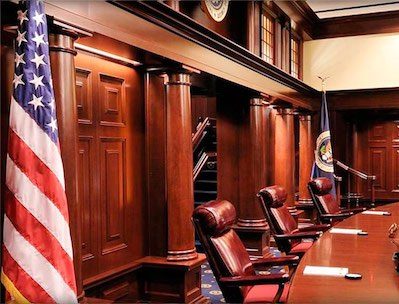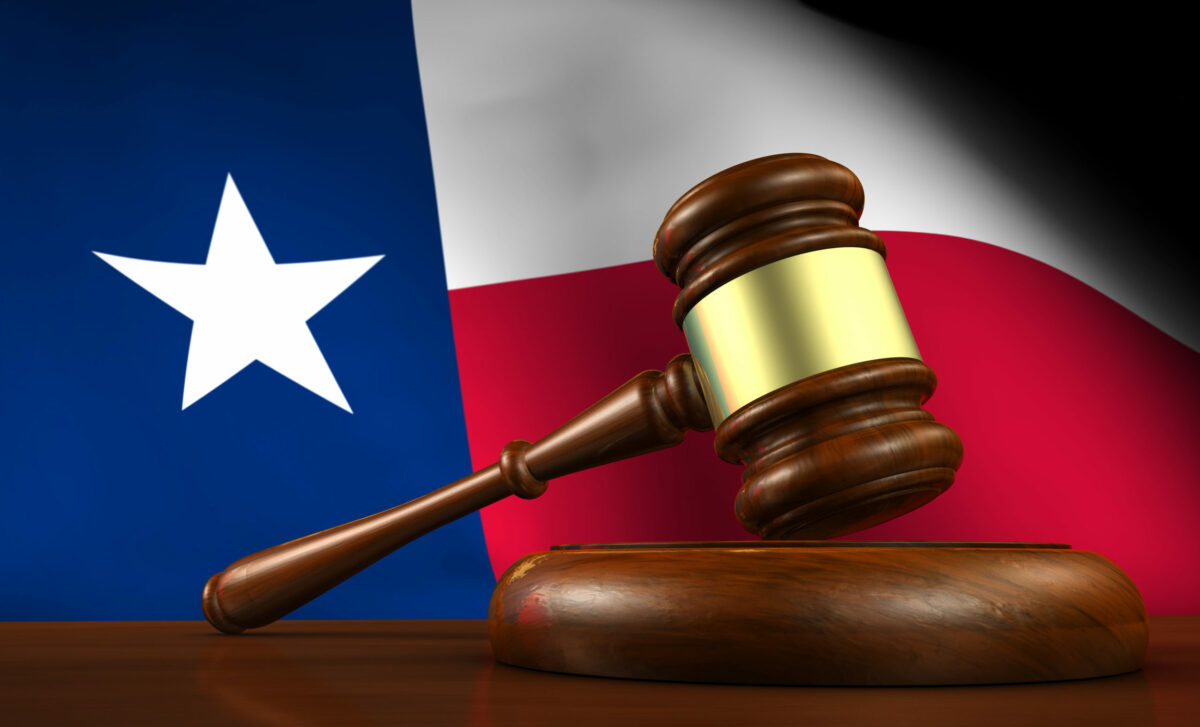Soft
The However, the CAFC limited its application to new or amended claims and remanded the case for reconsideration of claims issued prior to the reexaminations.
Interestingly, the PTAB noted in the appeal of the reexaminations that there was “insufficient articulated reasoning to support the Examiner’s final conclusion that the claims would have been obvious to one of ordinary skill in the art at the time of Appellant’s invention.” But this finding was effectively moot, as the Board said SoftView was precluded from addressing the issue under 37 C.F.R SS 42.73(d)(3)(i), which prohibits a patent owner from acting inconsistent with an adverse judgment from, among other things, an IPR proceeding, said the CAFC.
Although the CAFC acknowledged that “section 42.73(d)(3) renders unpatentable a category of claims that would not necessarily be unpatentable on obviousness grounds over the prior art,” it ultimately rejected SoftView’s argument that the USPTO does not have statutory authority to issue regulations on substantive issues of patent law and held that “section 42.73(d)(3) of the PTO’s regulations was lawfully promulgated pursuant to the agency’s rulemaking authority under section 316(a)(4) of the Patent Act.”
SoftView’s Petition
In the en banc petition filed Friday, SoftView argues that “such a result is contrary to the patent laws and congressional intent.” While the petition acknowledges the importance of the collateral estoppel doctrine as a safeguard to ensure claims that are not patentably distinct from other claims found unpatentable are estopped from issuance, it argued that the court’s application was incorrect and effectively undermined the process of amending a claim to fall within the requirements for patentability.
The effect, SoftView argued, could be staggering – any claim, even amended, that was at any point found to be unpatentable in a prior proceeding could be precluded from being litigated by the rule.
The Argument for Rehearing
In its argument, SoftView first disputes the lists of amended and issued claims in the panel decision, noting that they are simply incorrect and must be fixed. The Soft Soft The The petition explains:
“The Board’s and Panel’s application of the rule precludes issuance of claims that are not only patentable under the patent laws, including section 103, but using a substantially narrower claim construction under which no claims in the IPRs were found unpatentable…. The It Int’l, Inc. requires a party invoking estoppel to demonstrate a four-part test:
(1) The issue is identical to one decided in the first action; (2) the issue was actually litigated in the first action; (3) the resolution of the issue was essential to a final judgment in the first action; and (4) the opposing party had a full and fair opportunity to litigate the issue in the first action
SoftView argues that the PTAB refused to consider the elements of common law collateral estoppel, and acknowledged “it’s not present”. Soft According The The petition notes the problem with this analysis:
“Each of the amended claims recites claim limitations that were not in the prior art, including the preserving/preservation limitation; the Board never argued they were. This Court’s precedent precludes giving prior-art effect to the subject matter of cancelled claims when comparing obviousness of unadjudicated claims.”
Finally, the petition argues the USPTO is in violation of the Administrative Procedure Act (APA) due to the inconsistencies in its decisions. ”
Lucas






